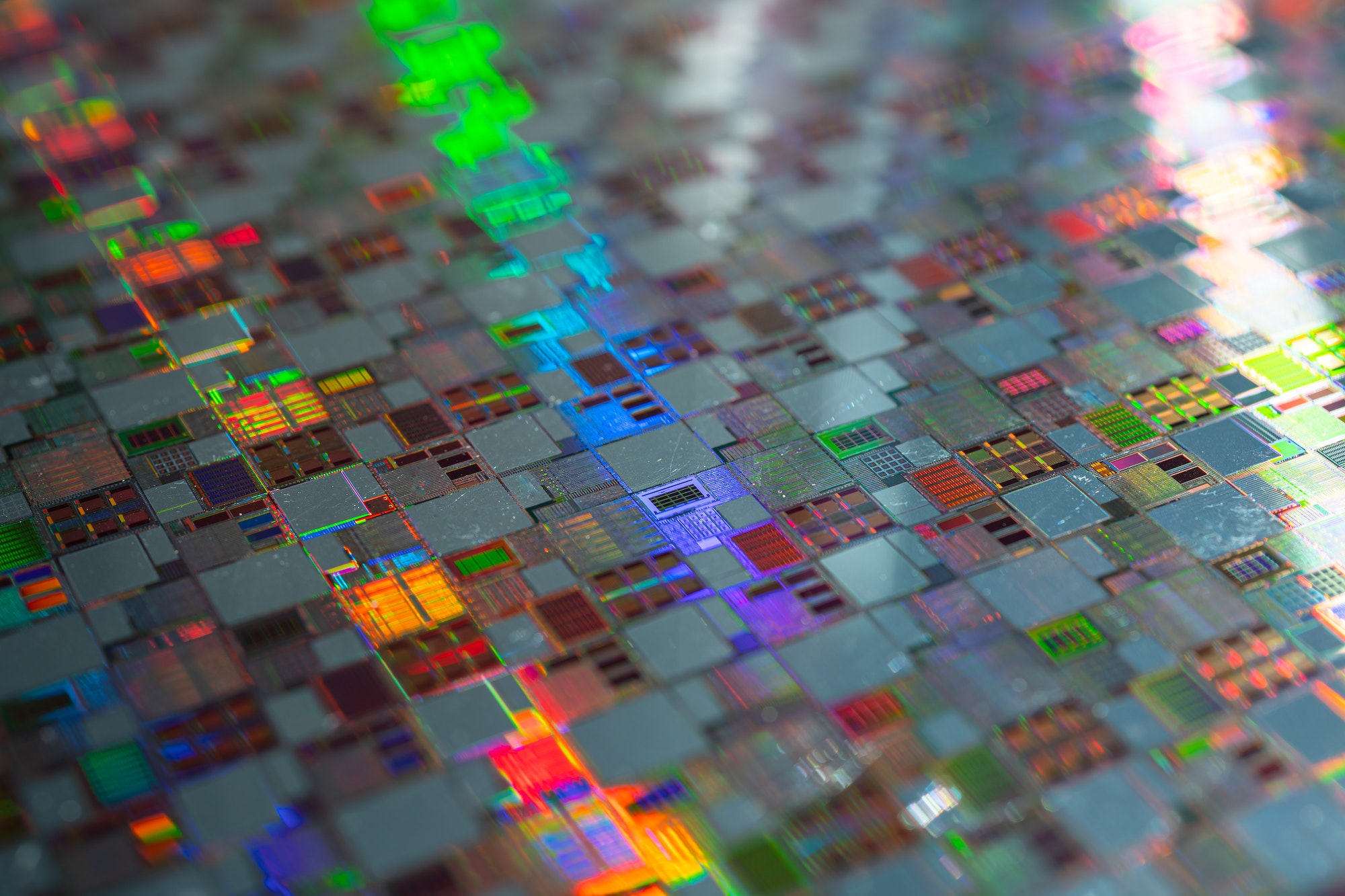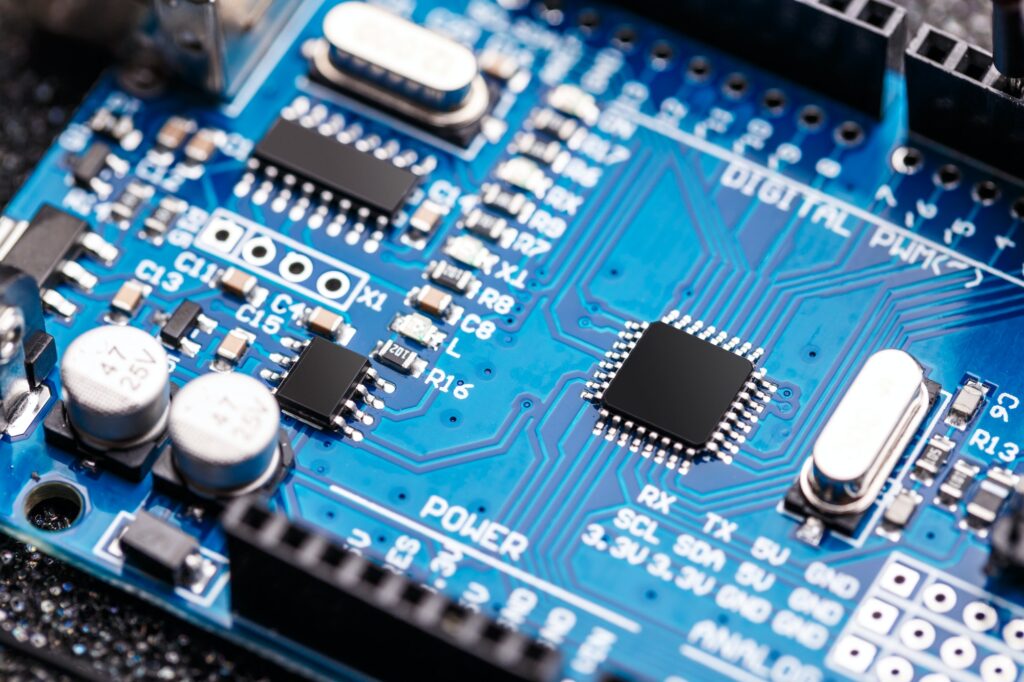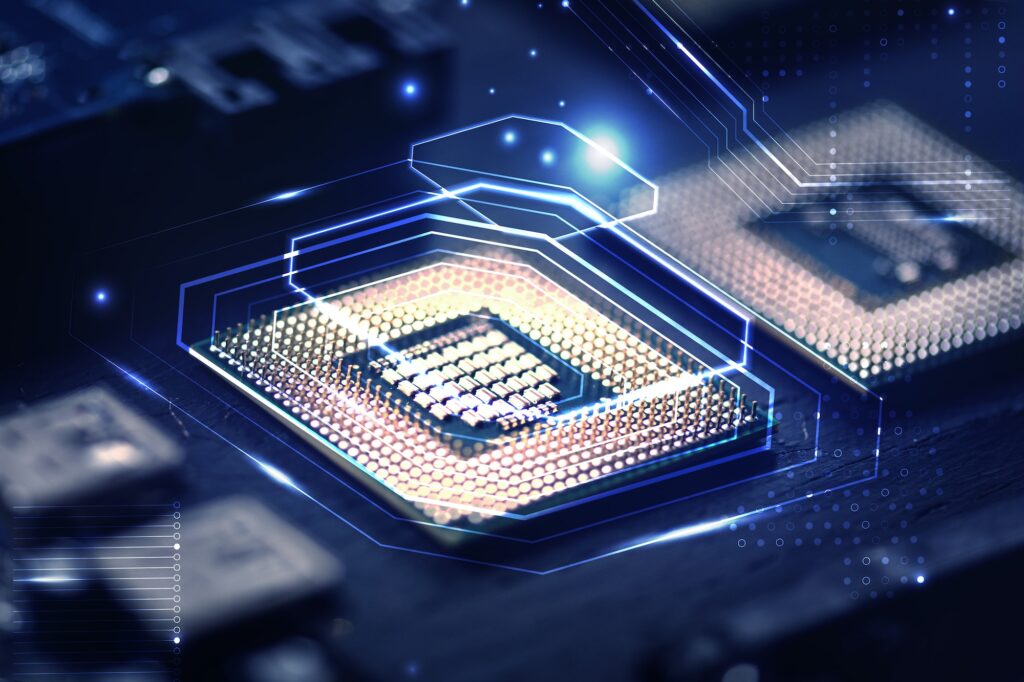Address
33-17, Q Sentral.
2A, Jalan Stesen Sentral 2, Kuala Lumpur Sentral,
50470 Federal Territory of Kuala Lumpur
Contact
+603-2701-3606
info@linkdood.com
Address
33-17, Q Sentral.
2A, Jalan Stesen Sentral 2, Kuala Lumpur Sentral,
50470 Federal Territory of Kuala Lumpur
Contact
+603-2701-3606
info@linkdood.com

These days, making computer chips has been like trying to sail a boat through a storm, all thanks to rules the U.S. has placed on shipping tech goods. To keep up with these rules and still reach its customers in China, AMD, a big-name chip company, is thinking about making a special artificial intelligence (A.I.) chip just for China. Nvidia and Intel, who also make chips, have done something similar.

Lisa Su, the boss of AMD, says that China is a huge market for tech and can’t be ignored. But she also said that AMD will always follow U.S. export rules. She talked about this during an earnings call, where she mentioned that AMD is hoping to make products for Chinese customers who want the best A.I. tech. This shows that AMD is serious about following the rules while still wanting to meet the demand for A.I. tech in China.
One big part of A.I. is having the right kind of chips, called accelerator chips, which help train A.I. systems using huge amounts of data. These chips are super important because they help make A.I. faster and more efficient, which in turn makes more advanced tech possible.

AMD is trying to take on Nvidia, which has had a tight grip on the A.I. training chip market, by ramping up production of its own chip called the MI300. Nvidia was told they couldn’t sell their A100 and H100 chips in China, but they found a clever way around this by tweaking these chips so they followed the rules. Intel did something similar with its Gaudi 2 AI chips.
China is a goldmine for U.S. chipmakers, especially when it comes to A.I., because there aren’t many local alternatives to the high-quality tech from companies like Nvidia. Seeing how profitable this could be, AMD is putting lots of effort into the MI300 A.I. chip, hoping it will help boost sales in the second half of the year.

AMD’s plan to make a special A.I. chip for China shows that it’s serious about following rules and expanding its business. By making a product that’s tailored to China’s needs, AMD could become a big player in the A.I. field. The MI300 chip could be a game-changer, giving Chinese customers access to cutting-edge A.I. tech and giving AMD a stronger position against Nvidia.
AMD’s decision to potentially make a specific A.I. chip for China is a smart move, showing they can be innovative and adaptable in a changing world. This could position them well for future success in the A.I. field, making a big splash in the tech industry while contributing to global progress and development.

1. What is AMD’s strategy to comply with U.S. export restrictions in China?
AMD is considering creating a customized artificial intelligence (A.I.) chip specifically for the Chinese market. This move is intended to align with U.S. export rules while also serving the demand for A.I. technology in China.
2. Why is the Chinese market significant for tech companies like AMD?
China represents a substantial market for tech innovation and consumption. It provides a large customer base seeking the latest A.I. solutions. Therefore, catering to this market can lead to significant growth and expansion for tech companies like AMD.
3. What role do accelerator chips play in A.I. training?
Accelerator chips are specialized chips used to train A.I. systems. They handle huge amounts of data and improve the speed and efficiency of A.I. applications. They’re a crucial component in developing advanced tech solutions.
4. What is AMD’s MI300 chip, and how does it challenge Nvidia’s market dominance?
The MI300 is AMD’s powerful A.I. chip designed to compete with Nvidia’s leading role in the A.I. training market. Nvidia’s A100 and H100 chips have been the industry standard, but AMD aims to challenge this with its MI300.
5. How is AMD planning to leverage the Chinese market?
AMD aims to harness the potential of the Chinese market by developing the MI300 A.I. chip, targeting China’s need for high-end A.I. technologies. By tailoring this chip to the demands of the Chinese market, AMD hopes to drive significant growth in its business.
6. How does AMD’s strategy reflect its commitment to regulatory compliance and market expansion?
AMD’s plan to create a specific A.I. chip for the Chinese market shows a balance between abiding by regulatory export restrictions and catering to the needs of a key international market. This approach signifies AMD’s dedication to both global compliance and business growth.
Sources CNBC